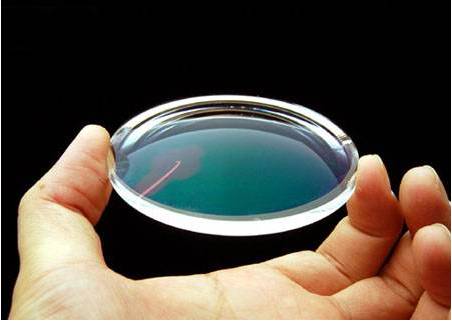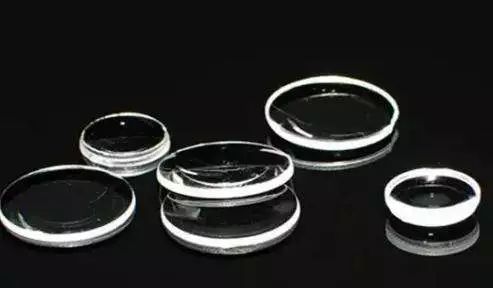A Brief Look at Spherical, Aspheric and Double Aspheric Lenses
When it comes to lens design, many people may be confused. But when it comes to the well-known spherical and aspheric lenses, you will be familiar with them.
What are the lens designs you know?
What are their characteristics?
Is it suitable for you?
The main lens designs on the market today are spherical lenses, single aspheric lenses and double aspheric lenses. In the early years, spherical lenses accounted for a large proportion of the lens market share. Now aspheric lenses have been recognized by the majority of eyewear consumers, and today we see a much higher prevalence of aspheric lenses than spherical lenses in the lens market. But there are still many consumers who do not have a thorough enough understanding of spherical and aspheric lenses, so today we will once again talk to you in detail about the differences.

What is the spherical lens?
A spherical lens is a lens that has a spherical surface on both the inside and outside of the lens, or one side is spherical and the other half is flat.

Advantages of spherical lenses
So many special glasses, such as basketball glasses, often have a large base bend (curvature), spherical lenses come in handy, and non-spherical lenses are too flat to be processed. Medium height rimless perforated glasses, theoretically, spherical lenses are more beautiful after processing. For patients with mild myopia, wearing spherical lenses and aspheric lenses are about the same, you can choose spherical lenses. However, for people with more than -2.00DS and people with astigmatism, it is better to choose aspheric lenses, which can be very good to reduce the deformation of things and more comfortable to wear.
What are aspheric lenses?
Aspheric lenses have a different surface curvature than ordinary spherical lenses, and in order to pursue the thinness of the lens, it is necessary to change the surface of the lens, which used to be designed with a spherical surface, making the aberration and deformation increase, and as a result, the image is not clear, the field of vision is distorted, and the field of vision is narrow. The aspheric design now corrects the image and solves the problems of the distorted field of view, while making the lens lighter, thinner and flatter. Also, it maintains excellent impact resistance, making it safe for wearers to use.

Advantages of aspheric
In traditional spherical lenses, the lens periphery has a distorted view of objects, limiting the wearer's field of vision. In an era of continuous technological advancement, the aspheric design, an optical miracle, reduces the lens edge aberration to the lowest possible level, making it wide enough to meet the customer's needs. Aspheric lenses have a flatter base curve, are lighter and look more natural and aesthetically pleasing. In the case of high diopter, it can reduce the deformation of the eyes, and for consumers with high vision, it is more appropriate to choose aspheric lenses. The advantages of this design over spherical design lenses are
greater clarity
The aspheric lenses with a special coating have a perfect visual performance, presenting a clearer and more comfortable vision.
Easier
The aspheric lenses are almost invisible when you wear them, they help your eyes to lose weight and enjoy the relaxation they give you.
More Natural
The aspheric design is more natural, with less visual distortion and more realistic vision.
What is the difference between aspheric and double aspheric lenses?
The difference between double aspheric lenses and single aspheric lenses is that they have a different appearance and processing structure. Single aspheric lenses, as the name suggests, are only single-sided aspheric, while double aspheric lenses are aspheric on both sides, thus achieving a more optimized result than single-sided aspheric lenses. This type of lenses is more difficult to produce and therefore expensive to process, but it is definitely worth it for medium heights.
Advantages of double aspheric.
1. Double-sided aspheric design, the outer surface of the lens fits perfectly with the inner surface, offsetting the thickness of the lens by superimposing it on both sides, effectively reducing the visual distortion caused by the curvature of the edges. Make the imaging clearer and more realistic, to achieve the maximum panoramic wide field of vision.
2. Double non-lenses are made of high quality substrate precision processing, the weight of the lens is only 40% of the general lens, ultra-high level of technology to ensure that the lens is light, wearing is also more relaxed and comfortable, beautiful, almost close to the naked eye experience.
3. Prism optimization shows comfortable vision, advanced prism optimization design, effectively control the angle of the incident light at the edge of the lens, greatly reduce the chromatic aberration phenomenon generated by the retinal diffusion aperture, balanced binocular vision, visual comfort and health. It is especially suitable for patients with high astigmatism, and greatly reduces the distortion of the lens edge.
评论
发表评论